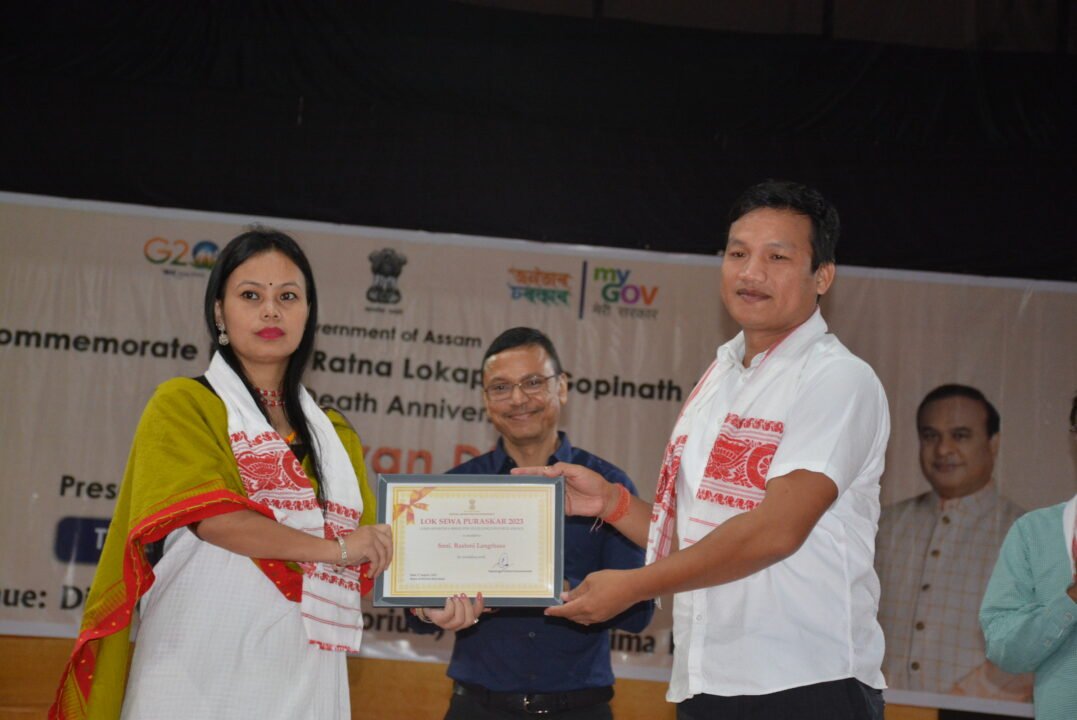Hiranya Barman
GUWAHATI, Oct 10: The National Biodiversity Authority (NBA) has written to the Assam State Biodiversity Board amidst concern over potential felling of rain trees in Guwahati, which might lead to the habitat loss of lesser adjutant storks.
The Hills Times on October 6 reported that the trees at Kendukuchi might get felled due to the ongoing widening of the road connecting Dharapur to the Lokpriya Gopinath Bordoloi International (LGBI) Airport.
The letter written by NBA secretary, B Balaji to the Assam State Biodiversity Board requested the additional principal chief conservator of forest (Biodiversity) and member secretary ,Sandeep Kumar to preserve bird habitat trees on the road connecting Dharapur to LGBI Airport
“This refers to a communication received from the Bihanga Bandhu informing about the ongoing construction activities near Dharapur-Palasbari Road, Kendukuchi, Guwahati. The appellant stated that the felling of trees due this work will have permanent impact on the existing bird habitat and further requested the concerned authorities for consideration of alternative measures to protect the avian residents, including many vulnerable species.
In this context, the Assam State Biodiversity Board is requested to look into the matter and take necessary action as deemed fit,” the letter by NBA stated.
Earlier, Bihanga Bandhu, an organization working for conservation of nature wrote a letter to Prime Minister Narendra Modi requesting him to help them conserve the rain trees at Kendukuchi, some 88 kms from Dispur housing more than 10 lesser adjutant storks. The organization and conservationists had raised concerns that the trees might get felled due to road widening process.
“The trees on both sides of the road are currently being felled to facilitate widening of roads. Among these trees stands a magnificent tree located near an Indian Oil petrol pump along the Dharapur-Palashbari Road in Kendukuchi, which has served as a habitat for various bird species, including the lesser adjutant stork. This species of birds is included in the International Union for Conservation of Nature category-vulnerable. Only 5,500-10,000 such storks exist in the world for many years,” the organization had stated.
“It has come to our attention that the administration has decided to cut down this tree, a decision that has been met with regret by the local community, who has diligently safeguard these avian inhabitants,” the organization had lamented through the letter.
Copies of the letter were also sent to the chief minister, BirdLife International, Wildlife trust of India, National Biodiversity Authority, Zoological Survey of India and Wildlife trust of India among others.
Divisional forest officer, East Kamrup, Rohini Ballav Saikia had told this correspondent that the forest department would explore alternatives to preserve the trees and the habitats.
“Alternatives like diversion of the road on the stretch or to wait for the birds to be mature to take flight are to be thought of,” Saikia said.











